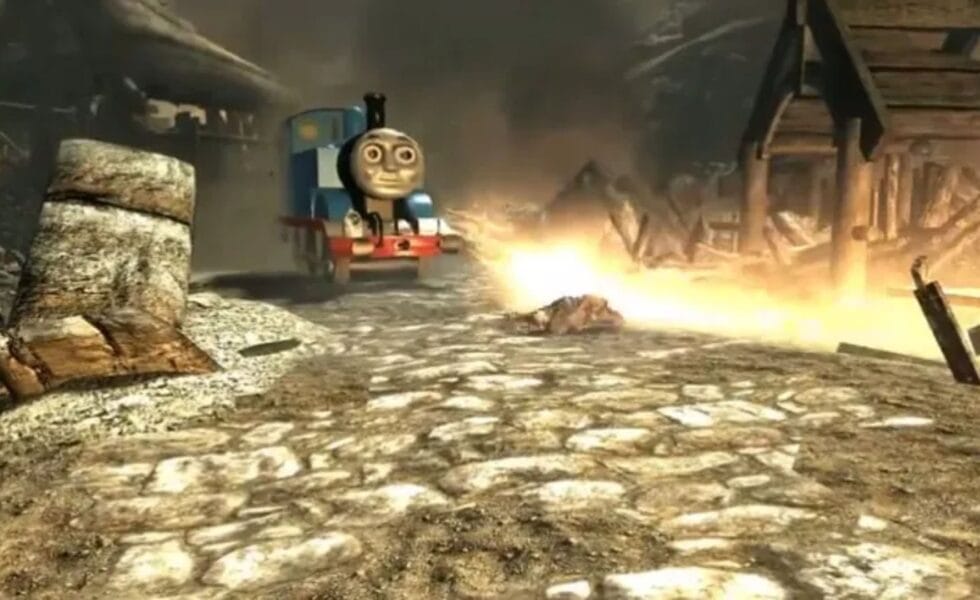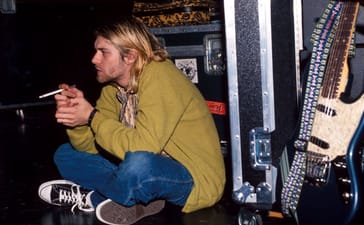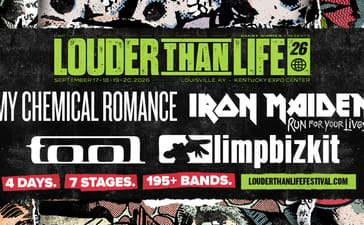For most players, games come boxed up and ready to go. But for a growing number of local gamers, that’s just the starting point. The local modding scene has become a quiet but thriving force, not just extending the life of old titles but reshaping how we interact with them altogether.
It’s a subculture that’s been part of the fabric for years: part dev toolkit, part art form, part protest. Modders aren’t waiting for official patches or DLC drops. They’re tweaking physics, building new character arcs for Steam games, translating Japanese-only releases, and fixing what developers won’t. Sometimes they’re just throwing Thomas The Tank Engine into Skyrim for the hell of it. Whatever the output, the message is the same: this game isn’t finished until we say it is.
A lot of that energy comes from necessity. Unlike Europe or the US, Australia isn’t swimming in giant studios or big-budget releases. The indie spirit is strong, but modding offers something different. It’s accessible. You don’t need a team or an office. Just an idea, a keyboard, and enough patience to dig through endless lines of someone else’s code.
This spirit of decentralised creativity seems to mirror what’s happening more broadly online. Gamers are moving away from platforms that demand too much control, whether it’s rigid content policies, paywalled updates, or systems that track every click.
That same drive for autonomy is why people are exploring alternative entertainment options outside of the usual channels—whether that’s obscure ROM archives, community-built game servers, or the occasional dip into the world of trusted Australian casinos to play at today. While not everyone’s up for a spin at a casino, there’s overlap in how both spaces operate: unregulated, mostly self-policing, and reliant on reputation over branding.
You won’t find this stuff on store shelves or front pages. That’s the point. Modding lives in forums, dodgy Dropbox links, and late-night Discord chats. It’s niche and proudly so. Some of the best work disappears completely, passed around in zip files before vanishing into the ether. And yet, its impact lingers, reshaping how games are played, how communities form, and how digital spaces can belong to the people who use them.
Whether it’s rebuilding combat mechanics or reskinning everything in neon pink, the modding crowd isn’t asking permission. In that way, it has more in common with underground music or street art than the glossy world of commercial gaming. It’s not about selling you the perfect experience. It’s about showing you what’s possible once the rules stop applying.
And just like those who find themselves browsing a lesser-known casino thread in the early hours, part of the fun is in discovering something no one else has found yet.






